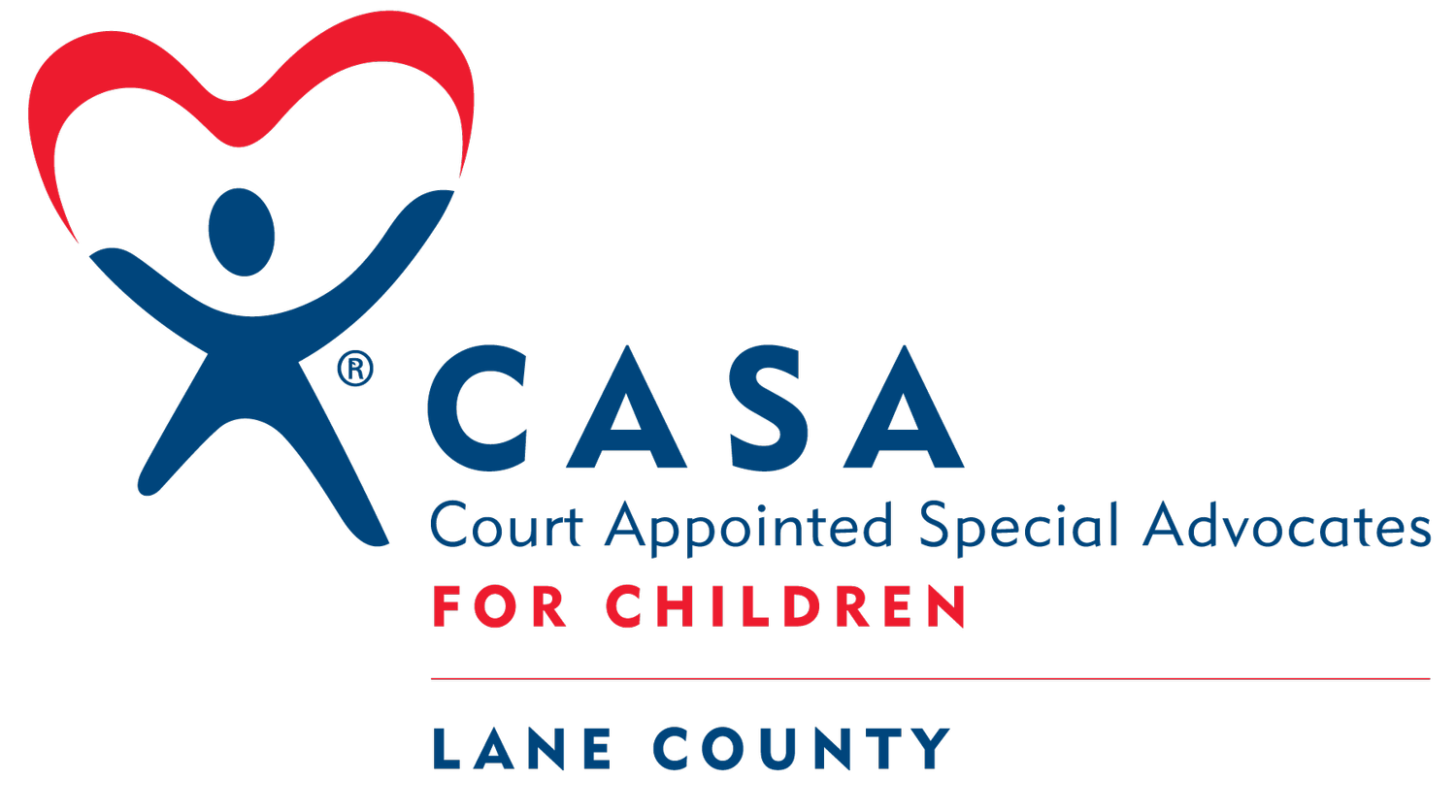Become an
Academic Advocate
Academic Advocacy
Academic Empowerment Advocates (AEA) are dedicated volunteers trained to provide foster youth in K-8th grade with academic support and encouragement. Without the stability of a permanent home, children in foster care often slip through the cracks, especially when it comes to their academic achievements. That’s where CASA steps in. Our academic advocates work directly with students in their schools, helping them build confidence and achieve their academic goals.
At this time, we are not recruiting for the AEA program, but we invite you to sign up for our newsletter if you’re interested in hearing more about future opportunities.
Why be an AEA Volunteer?
As an Academic Advocate, you have the opportunity to change a child’s life just like our CASA volunteers, but instead of advocating for these children in court, you’ll advocate for them in their schools. As an AEA volunteer, you’ll provide essential academic support and mentorship, helping foster children overcome educational challenges to achieve their potential.
A better future for foster children begins with a good education and giving them the support they need to succeed. Your commitment will make a lasting impact, offering stability and hope to those who need it most. Become an academic advocate today and be the positive change in a child’s life.
Minimum age requirement of 18 years old
Ability to pass a background check
Reliable transportation
Strong communication and interpersonal skills
Passion for education and youth development
Commitment to confidentiality
Patience and understanding
Ability to work independently and as a team
Qualifications
Time Requirement
Minimum commitment of 1.5-2 hours per week during school hours.
Volunteers follow students through the school year, September-June.
Volunteers may follow students through multiple school years if needed.
Training will be provided prior to placement with a student.
Make a difference in the lives of foster care children today. Explore our website to learn more about the AEA program and sign up for our newsletter to learn more about future opportunities.
Key Roles
Personal Introduction and Role Explanation: Advocates establish trust and create a safe and secure environment.
Academic Monitoring: We closely monitor school attendance, grades, and academic progress, identifying areas where students may need additional support.
Communication with School Staff: Regular check-ins with teachers and school staff ensure we stay informed about students’ progress, addressing emerging concerns promptly.
Student Meetings: Advocates meet with foster students at least 1.5-2 hours per week, providing a platform for students to discuss their challenges and receive guidance.
Participation in Student Support Meetings: Advocates attend IEP’s and other student support meetings to stay well-informed and advocate for students' best interests.
Resource Identification and Coordination: Advocates identify and recommend resources to support school success, and coordinate access to these resources when needed.
Screening Process
Application &
Complete an application
Schedule initial conversation with Program Manager
In Person meeting and CASA Tour
Background and Reference Check
School District Fingerprinting
Complete AEA Training
Foster student matching



